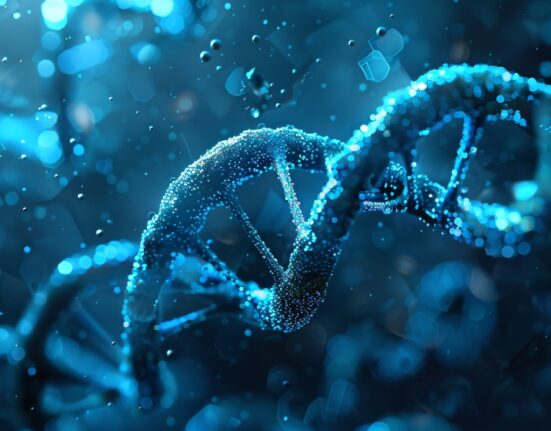FS118, a new potential immune checkpoint blocker, was well tolerated in patients with relapsed or refractory (R/R) diffuse large B-cell lymphoma (DLBCL) with no dose-limiting toxicities, according to results from a phase 2 study led by Jean-Marie Michot, MD, of the Gustave Roussy Cancer Campus in Villejuif, France. The results were reported at the 66th American Society of Hematology Annual Meeting and Exposition.
FS118 is a first-in-class tetravalent bispecific antibody binding to LAG-3 and PDL-1, resulting in reversal of immune suppression.
The phase 2 trial is an open-label basket study consisting of multiple single-arm tumor-specific cohorts designed to assess efficacy and tolerability of FS118 in adult patients. Patients received FS118 IV, 10 mg/kg QW, until disease progression or unacceptable toxicity, for a maximum of 24 months.
In the cohort consisting of 10 patients with R/R DLBCL after two lines of systemic therapy, the overall response rate was 20% (2/10 evaluable patients), and both were complete responses. There were no dose-limiting toxicities (DLTs) observed, and no patients discontinued the treatment due to toxicity.
Eight patients (80%) experienced any grade treatment-emergent adverse event (TEAE). Three patients (30%) experienced any grade drug-related TEAE. One patient experienced a grade 3 drug-related TEAE (pulmonary embolism). There were no grades 4 or 5 drug-related TEAEs.
“FS118 is a new potential immune checkpoint blocker showing meaningful efficacy with durable responses achieved in patients with R/R DLBCL”, the authors concluded, adding that the drug was well tolerated with no DLTs reported.
Reference
Michot JM, Patki A, Maglakelidze M. Open-label phase 2 study results of FS118, a LAG-3/PD-L1 bispecific antibody, in patients with relapsed/refractory diffuse large b-cell lymphoma. Abstract #1731. Presented at the 66th American Society of Hematology Annual Meeting and Exposition; San Diego, California.







